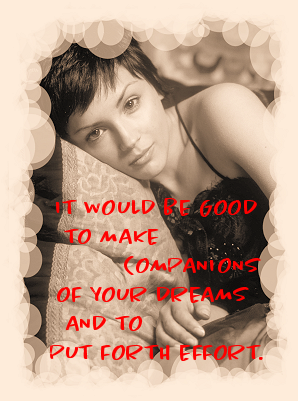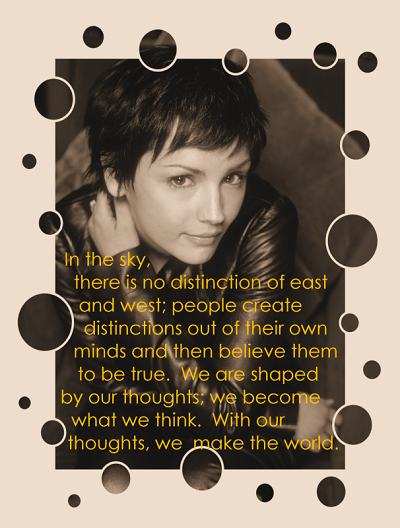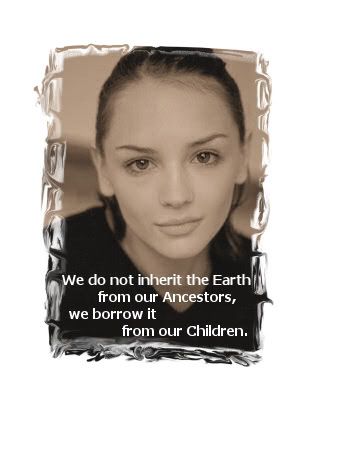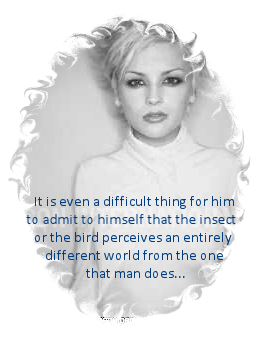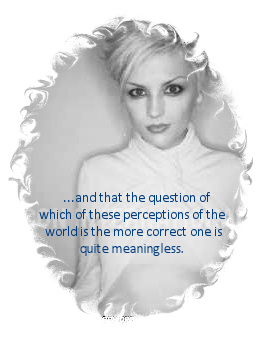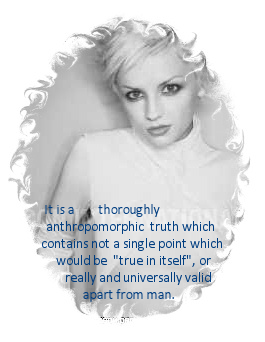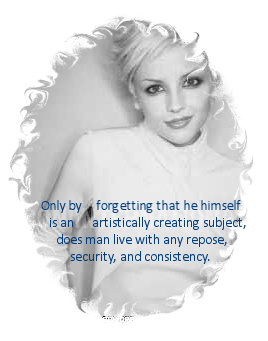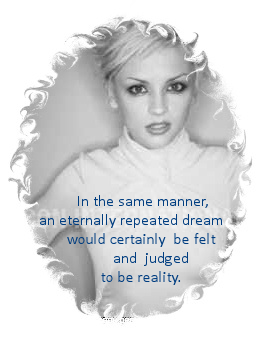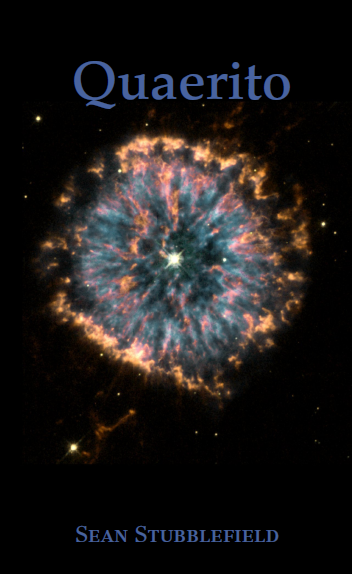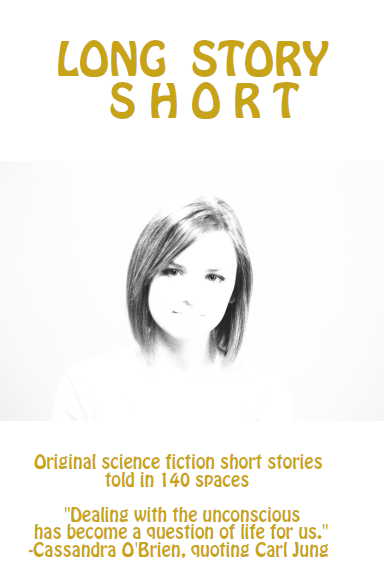A mask is commonly associated with disguise, concealment, theatricality and decoration. But in the Batman mythos, the mask motif is typically used as an expression or component of actual identity. Batman’s cape and cowl gradually exceed mere costuming to become Wayne’s real persona, with Bruce Wayne becoming the mask.
His rogues gallery features many people who wear a mask not as an alternative identity or pseudonym, but as an aspect of their true self.
The mask defines them...
The Joker
Harley Quinn
Two-Face
Black Mask
False Face
Scarecrow
Clayface
The Red Hood
Penguin is so called because of his physical appearance and clothing.
Even the Ventriloquist, as Scarface is engaged as a mask for Wesker.
And Killer Croc’s deformity is a form of mask.
The bandages worn by Hush are indicative of not only his medical background, but also his hidden nature, and eventual reconstructive surgery transformation into Bruce Wayne’s image.
The Mad Hatter adopts the clothes and personality of the Wonderland character.
Monday, July 25, 2011
Friday, July 22, 2011
Coulrophobia-- fear of clowns
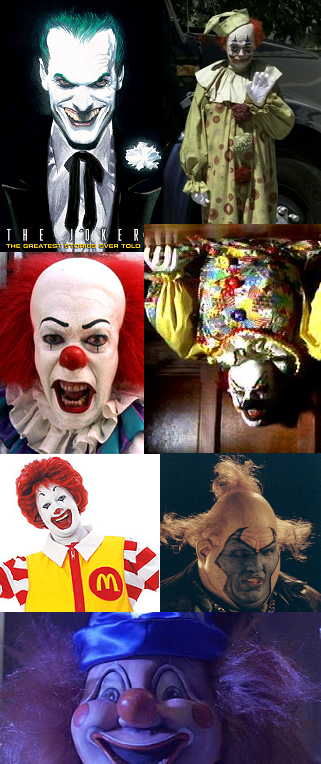
A clown has the ability to see things through the playful, innocent eyes of a child. They intend to bring happiness where there is sadness, amusement where there is boredom. Their makeup & costume are the visual indication to those around that this is no ordinary person. Someone whose attention and attitude will make you feel like you are the most special person in the room. In doing so, they give of their heart so that yours can feel better...
Ironically, most children and adults are actually frightened or disturbed by the clown visage, considering it creepy; but only relatively recently… as early as the 1800s, and is a particularly American neurosis.
Their innate extreme garishness and a discordance in appearance and behavior (often even between these two aspects) may cause tremendous psychological disorientation, and thus a subconscious distrust, unease and aversion.
Being unsettled by something as unusual and unnatural-seeming as a clown—who only seems to resemble something human… pretending to be human, but is clearly inhuman. Clowns are "unknown in identity", "unorthodox in appearance, bluntly aggressive and synthetic in behavior, and uncharacteristically-- even falsely-- cheerful in demeanor. Clowns are a caricature of a real person; a doll come to life.
Wednesday, July 20, 2011
Monday, July 18, 2011
Gluttony Of Words
An expurgated version of a blog post by Damien G. Walter; partially explains why I stopped writing.
Oh please GOD no STOP writing! (so much)
There’s a terrible meme emerging from the internet writing community. It arises from good intentions and common sense, and it is utterly wrong.
You can see this meme at work in the debate around publishing a book a year. You can see it in the 50,000 word a month culture of NaNoWriMo. And you can see it in the commonly held wisdom that if, as a writer, you can just get your name out there in front of readers enough, you will eventually achieve fame and fortune.
You won’t. (Also, you can see it in the perpetuated foolish notion that a writer should write every day, regardless.)
Many writers seem determined to become their own worst source of signal interference on the channel between their work and those people who might be interested in their work.
Part of the problem here seems to be the belief that writers are part of the entertainment industry. Writers are as much part of entertainment industry as doctors are part of the pharmaceutical industry. The latter’s job is to make product from which they make money. The former’s job is to heal people.
But writers are not factory workers.
The rules of the protestant work ethic don’t apply to writing.
We’ve all grown up in a world where marketing was a thing done to the masses. This approach has never worked for writers. It doesn’t work so well for Mars and Coca-Cola any more.
Writers who try and flood the market with a book a year, or four books a year, or a short story a month, or a short story a day, or whatever, are attempting to apply the dynamics of mass marketing to a niche audience. It’s absurd and counter-productive.http://damiengwalter.com/2011/07/17/oh-please-god-no-stop-writing-so-much
Oh please GOD no STOP writing! (so much)
There’s a terrible meme emerging from the internet writing community. It arises from good intentions and common sense, and it is utterly wrong.
You can see this meme at work in the debate around publishing a book a year. You can see it in the 50,000 word a month culture of NaNoWriMo. And you can see it in the commonly held wisdom that if, as a writer, you can just get your name out there in front of readers enough, you will eventually achieve fame and fortune.
You won’t. (Also, you can see it in the perpetuated foolish notion that a writer should write every day, regardless.)
Many writers seem determined to become their own worst source of signal interference on the channel between their work and those people who might be interested in their work.
Part of the problem here seems to be the belief that writers are part of the entertainment industry. Writers are as much part of entertainment industry as doctors are part of the pharmaceutical industry. The latter’s job is to make product from which they make money. The former’s job is to heal people.
But writers are not factory workers.
The rules of the protestant work ethic don’t apply to writing.
We’ve all grown up in a world where marketing was a thing done to the masses. This approach has never worked for writers. It doesn’t work so well for Mars and Coca-Cola any more.
Writers who try and flood the market with a book a year, or four books a year, or a short story a month, or a short story a day, or whatever, are attempting to apply the dynamics of mass marketing to a niche audience. It’s absurd and counter-productive.http://damiengwalter.com/2011/07/17/oh-please-god-no-stop-writing-so-much
Sunday, July 17, 2011
Wednesday, July 13, 2011
Monday, July 11, 2011
Worth Mentioning...
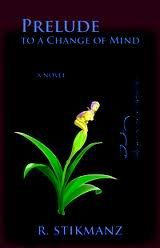
Prelude to a Change of Mind: The First Book in the Hidden Lands of Nod; by Robert Stikmanz (and if you like this one, read Sleeper Awakes next)
OLGA KAY'S CIRCUS
Pandora’s www.littleboxofhope.com
MEG Dance
Gray Matters web series
Gray Matters Episode 101: "A Gray in the Life" from Alexis Fedor on Vimeo.
Friday, July 8, 2011
Friday, July 1, 2011
Suitable For Public Consumption
Popularity and public acceptance have never been, nor will they ever be, a valid or legitimate determinant or signifier of quality.
But that detrimental misconception permeates our society.
As Sturgeon’s Law eruditely states: 90% of anything is crap. Hollywood and Big Publishing produces just as much crap as independent channels. And yet, the common, conventional assumption says that whatever is produced by the taste maker/ Gatekeeper machine of Hollywood and Big Publishing and Big Music is somehow innately more credible, more worthy of acceptance than indie productions. Actually, being made or sponsored by Hollywood or Big Publishing is no guarantee that the material is actually any good or deserving of attention and adulation.
I could make an impolite (but true) joke about the Twilight book/ movie series here… but I won’t.
In our society, the value and significance of art is misguidedly gauged and defined according to a criteria of commercial success rather than merit.
With such a mentality, a thing is good not because it is genuinely good by any standard, but merely because it sells and is “profitable”.
My books may (or may not?) be within the remaining 10%, but they will never achieve mainstream recognition, respect and appreciation as long as our society operates under that delusion. Self-published, non-agented books like mine will never be nominated for literary awards, because it would never even be considered. Never be on the best seller list.
But given what qualifies for best seller, I’d be insulted and dismayed if any of my books appeared on that list.
Any award framework that only includes material from conventional or official channels is by nature invalid and illegitimate.
Fellow media commentator Del Marbrook insightfully considers the issue in a recent blog post .
Although that entire post is worth reading, here are some of the more salient points offered:
It’s fair to ask, I think, whether our conventional media are providing us with the very best we’re creating amongst us or with a highly redacted limited edition that caters to a plethora of special interests. It’s fair to ask whether our media are corporate propagandists intent on limiting our vision and the means needed to realize any vision.
They reflect a regressive win-lose society that regards its every venture as a race to commercial success as if that were the only kind of success worth considering. Such a society, ensnared as it is in its commercial obsessions, cannot live up to its own highest ideals.
…it’s always possible that works of considerable merit will fall between the cracks, sometimes finding no publisher, sometimes finding shoestring publishers, and more often falling to critical neglect. That said, it’s also true that works of great merit published by important presses are often neglected or damned with faint praise. Given these issues, the very nature of egalitarianism comes into question. For example, is it egalitarian to say a work of art succeeds because it’s popular and sells well? Or is it egalitarian to say none of that matters, what matters is that it has a chance to breathe and be heard and seen.
We’ve had the gumption but we’ve never had the wherewithal to take on the assumptions of our taste-makers. Now we do.
But that detrimental misconception permeates our society.
As Sturgeon’s Law eruditely states: 90% of anything is crap. Hollywood and Big Publishing produces just as much crap as independent channels. And yet, the common, conventional assumption says that whatever is produced by the taste maker/ Gatekeeper machine of Hollywood and Big Publishing and Big Music is somehow innately more credible, more worthy of acceptance than indie productions. Actually, being made or sponsored by Hollywood or Big Publishing is no guarantee that the material is actually any good or deserving of attention and adulation.
I could make an impolite (but true) joke about the Twilight book/ movie series here… but I won’t.
In our society, the value and significance of art is misguidedly gauged and defined according to a criteria of commercial success rather than merit.
With such a mentality, a thing is good not because it is genuinely good by any standard, but merely because it sells and is “profitable”.
My books may (or may not?) be within the remaining 10%, but they will never achieve mainstream recognition, respect and appreciation as long as our society operates under that delusion. Self-published, non-agented books like mine will never be nominated for literary awards, because it would never even be considered. Never be on the best seller list.
But given what qualifies for best seller, I’d be insulted and dismayed if any of my books appeared on that list.
Any award framework that only includes material from conventional or official channels is by nature invalid and illegitimate.
Fellow media commentator Del Marbrook insightfully considers the issue in a recent blog post .
Although that entire post is worth reading, here are some of the more salient points offered:
It’s fair to ask, I think, whether our conventional media are providing us with the very best we’re creating amongst us or with a highly redacted limited edition that caters to a plethora of special interests. It’s fair to ask whether our media are corporate propagandists intent on limiting our vision and the means needed to realize any vision.
They reflect a regressive win-lose society that regards its every venture as a race to commercial success as if that were the only kind of success worth considering. Such a society, ensnared as it is in its commercial obsessions, cannot live up to its own highest ideals.
…it’s always possible that works of considerable merit will fall between the cracks, sometimes finding no publisher, sometimes finding shoestring publishers, and more often falling to critical neglect. That said, it’s also true that works of great merit published by important presses are often neglected or damned with faint praise. Given these issues, the very nature of egalitarianism comes into question. For example, is it egalitarian to say a work of art succeeds because it’s popular and sells well? Or is it egalitarian to say none of that matters, what matters is that it has a chance to breathe and be heard and seen.
We’ve had the gumption but we’ve never had the wherewithal to take on the assumptions of our taste-makers. Now we do.
Subscribe to:
Posts (Atom)
